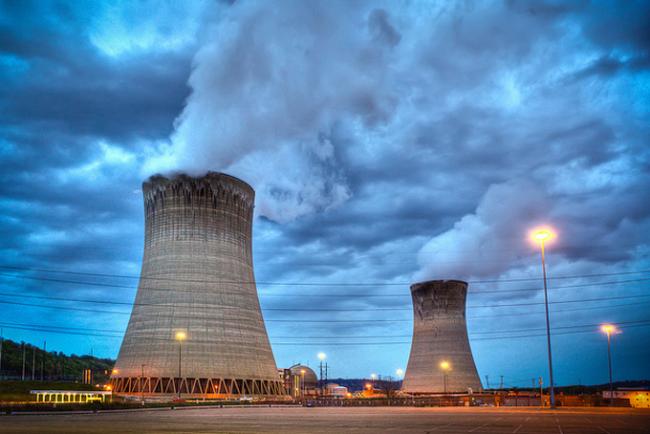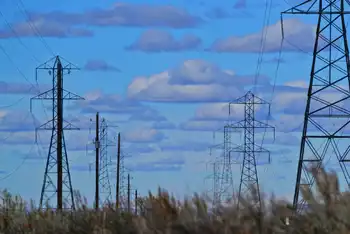Water plan could cost generators billions
By Reuters
Electrical Testing & Commissioning of Power Systems
Our customized live online or in‑person group training can be delivered to your staff at your location.

- Live Online
- 12 hours Instructor-led
- Group Training Available
The plan, which still needs final approval, would affect most of the state's six nuclear power plants and several facilities powered by fossil fuels that use water for cooling. The state Department of Environmental Conservation (DEC) wants the facilities to recycle and reuse the water in a closed-cycle cooling system rather than discharging the heated water into rivers.
One of the first plants to face the proposed regulations would be Entergy Corp's 1,910-MW Indian Point, located about 45 miles north of New York City where it draws water from the Hudson River. Entergy has already asked the DEC for a new water permit and requested that the federal government renew the license for both of its reactors.
The DEC, which is accepting comment on its proposal through May 9, said it would require closed-cycle systems — like cooling towers — unless "an operator can demonstrate that closed-cycle cooling technology cannot physically be implemented at a particular location."
In February, Entergy filed a report with the DEC that found it would be better to add new underwater screens to the plant's existing cooling water intake system rather than install expensive cooling towers.
The state however wants plants to use closed-cycle systems, which recirculate the water instead of discharging it after one use. The DEC said closed-cycle systems reduce the impact on aquatic life by more than 90 percent.
Like the other plants, Indian Point uses river water to condense the steam used to turn the turbines and generate electricity before returning the slightly heated water back to the river. The water used to make the steam remains in the plant.
Entergy said cooling towers, which can stand more than 600 feet tall and measure 300 feet in diameter, could not enter service before 2029 at an estimated cost of $1.5 billion to $2 billion.
The underwater screen meanwhile would take just three years to install and cost about $100 million.
Hence Entergy said the screens would better protect fish eggs and larvae over the 20-year period of a renewed Indian Point license, in large part, because they can be installed 12 to 15 years sooner than cooling towers. Entergy has said it hopes to get a draft water permit from the DEC in April that included approval for the screens.
Entergy is also waiting for the U.S. Nuclear Regulatory Commission to decide on 20-year extensions of the reactors' original 40-year operating licenses, which expire in 2013 and 2015.
Entergy filed to renew both reactors' licenses in 2007. The NRC, which has made decisions on other renewals in 22 months without a hearing, has not said when it will decide on Indian Point.
Electricity traders noted contentious applications with hearings, such as Indian Point, can drag on for years.
The DEC plan would also affect other power plants in the state, including U.S. Power Generating's 1,290-megawatt Astoria, Mirant Corp's 1,139-MW Bowline, National Grid's 1,522-MW Northport, Oswego Harbor's 1,700 MW Oswego, TransCanada's 2,410-MW Ravenswood and Dynegy Inc's 1,200-MW Roseton.











